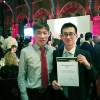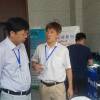Solar Energy and Advanced Materials Research Group
A grand challenge facing our society today is energy security. Therefore an economical and robust technology for renewable and clean energy synthesis is highly sought-after. Research in our group focuses on the development of innovative (maybe disruptive) chemical approaches to solar energy conversion and storage and sustainable chemical processes, which includes CH4 activation, N2 conversion to ammonia, water splitting to H2 fuel and CO2 conversion to hydrocarbons. In parallel, we are interested in process intensification for materials manufacturing (including nanomaterials) in order to improve energy efficiency and reduce carbon emission during chemical production.
Welcome to the Tang Group
The group undertakes fundamental scientific studies of new catalysts and new chemical processes as well as device fabrication, through novel materials design and device engineering, all at the interface of Chemistry, Materials Science, Physics and Chemical Engineering.
Recent News
Research Areas
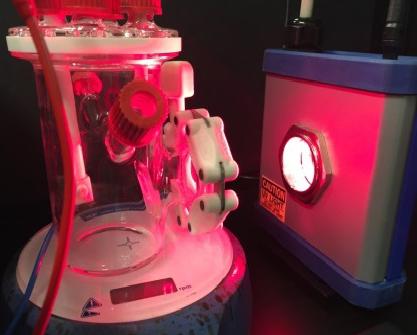
An artificial photosynthesis process which converts water to H2 in the presence of a photocatalyst and solar energy.
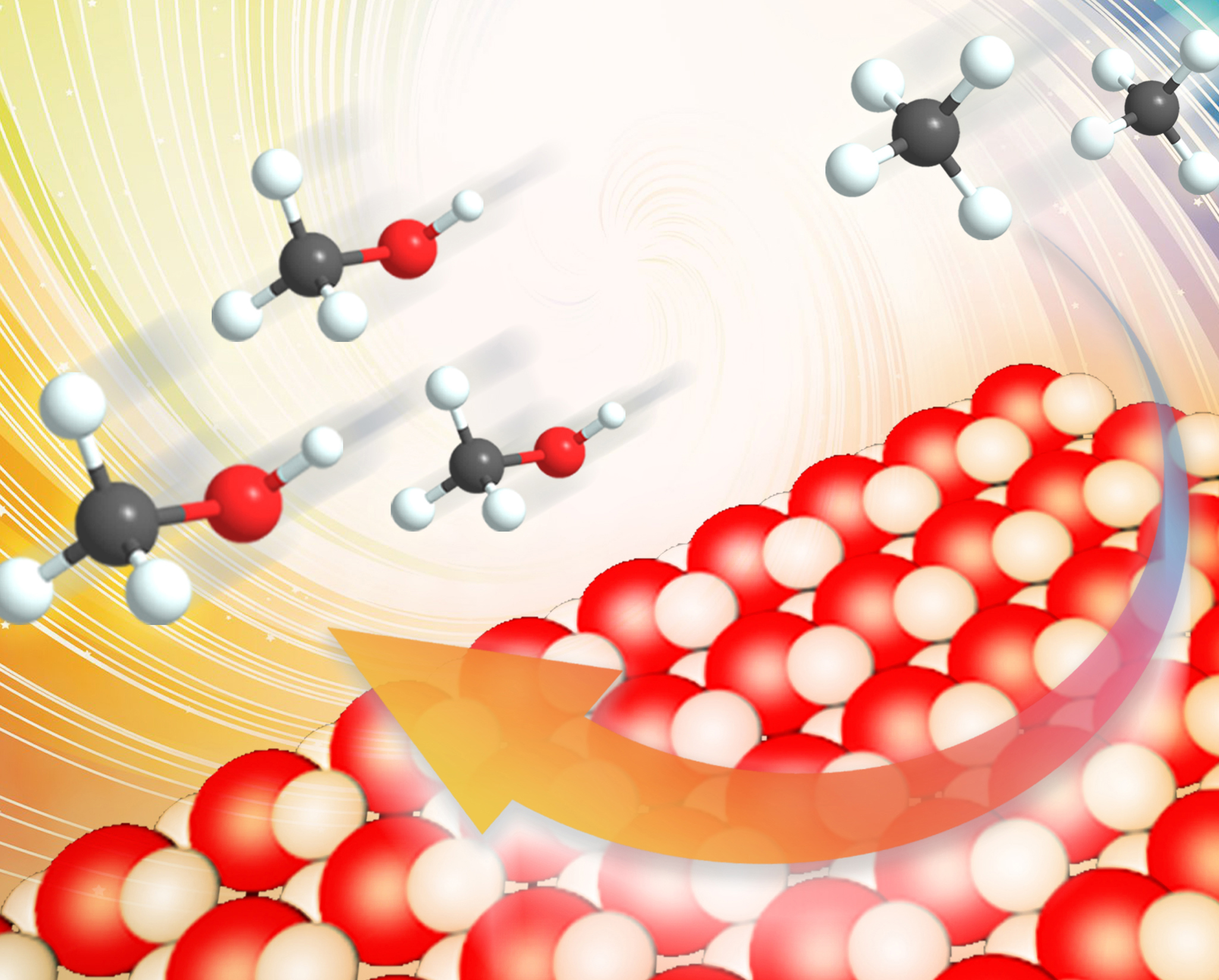
Conversion of methane into transportable liquid fuels (e.g. ethanol) and high-value chemicals (e.g. benzene) by photocatalysis.
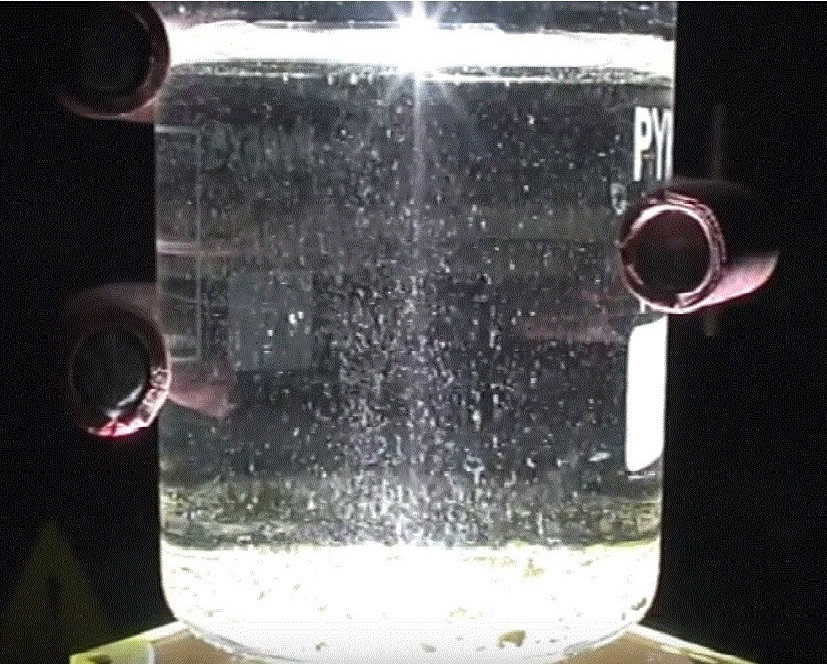
Utilisation of photoelectrochemistry to facilitate the reduction of nitrogen under ambient conditions.
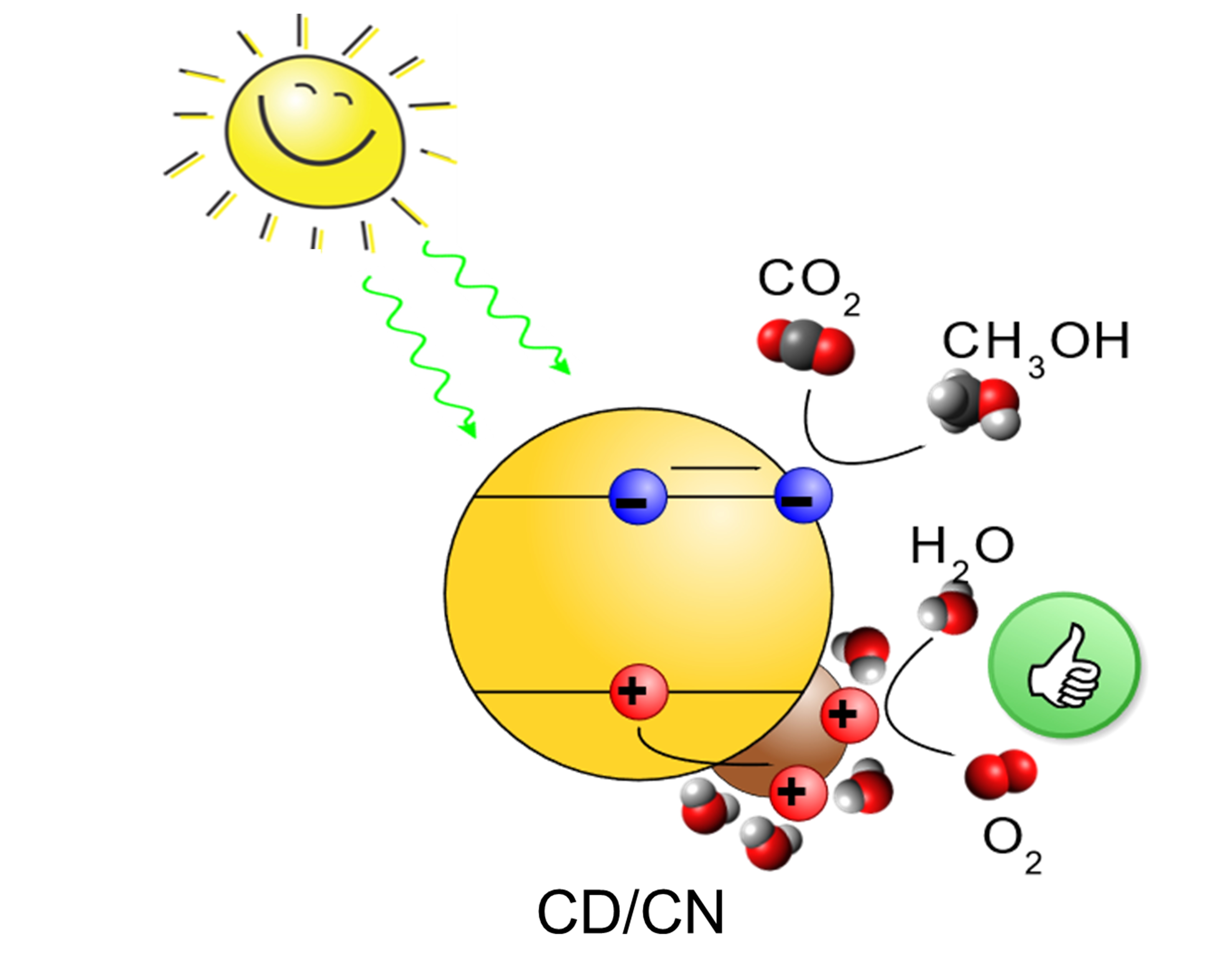
CO2 reduction to fuels by renewable energy sources.
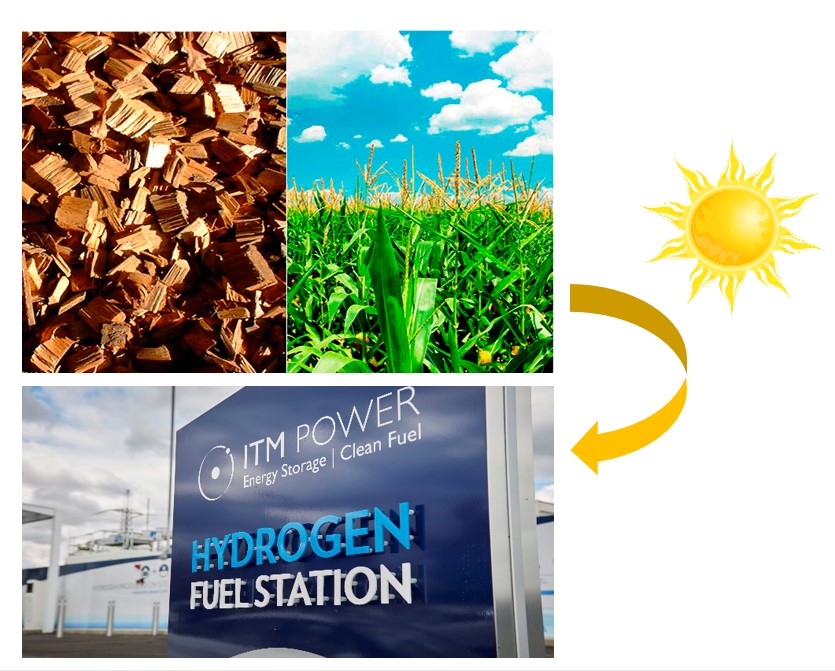
Transformation of inexhaustible solar energy and renewable biomass substrates into H2 by semiconductor catalysts.
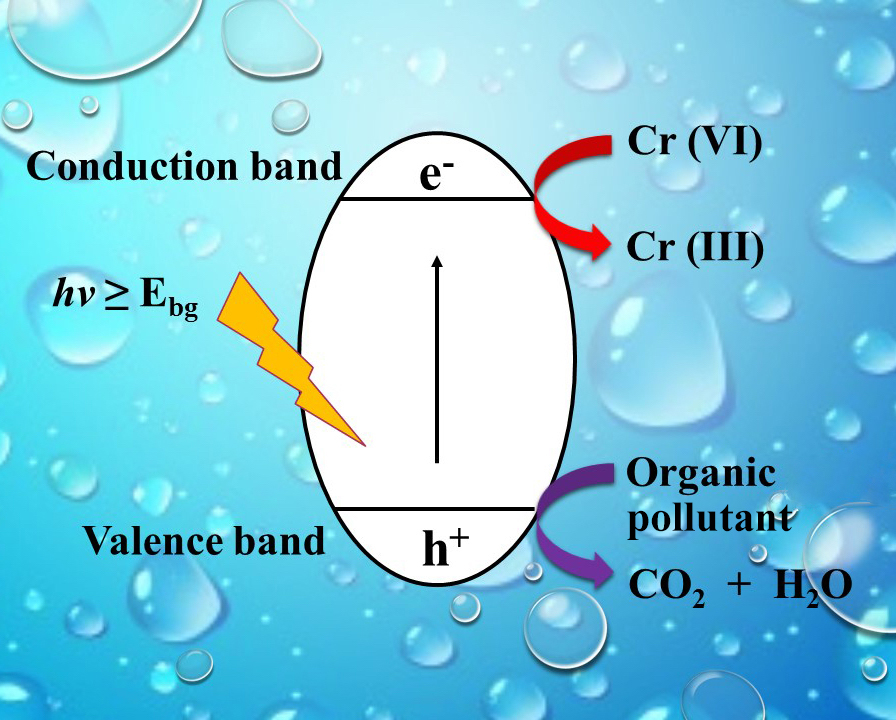
Fabrication of low cost, non-toxic and highly efficient photocatalysts for wastewater treatment.
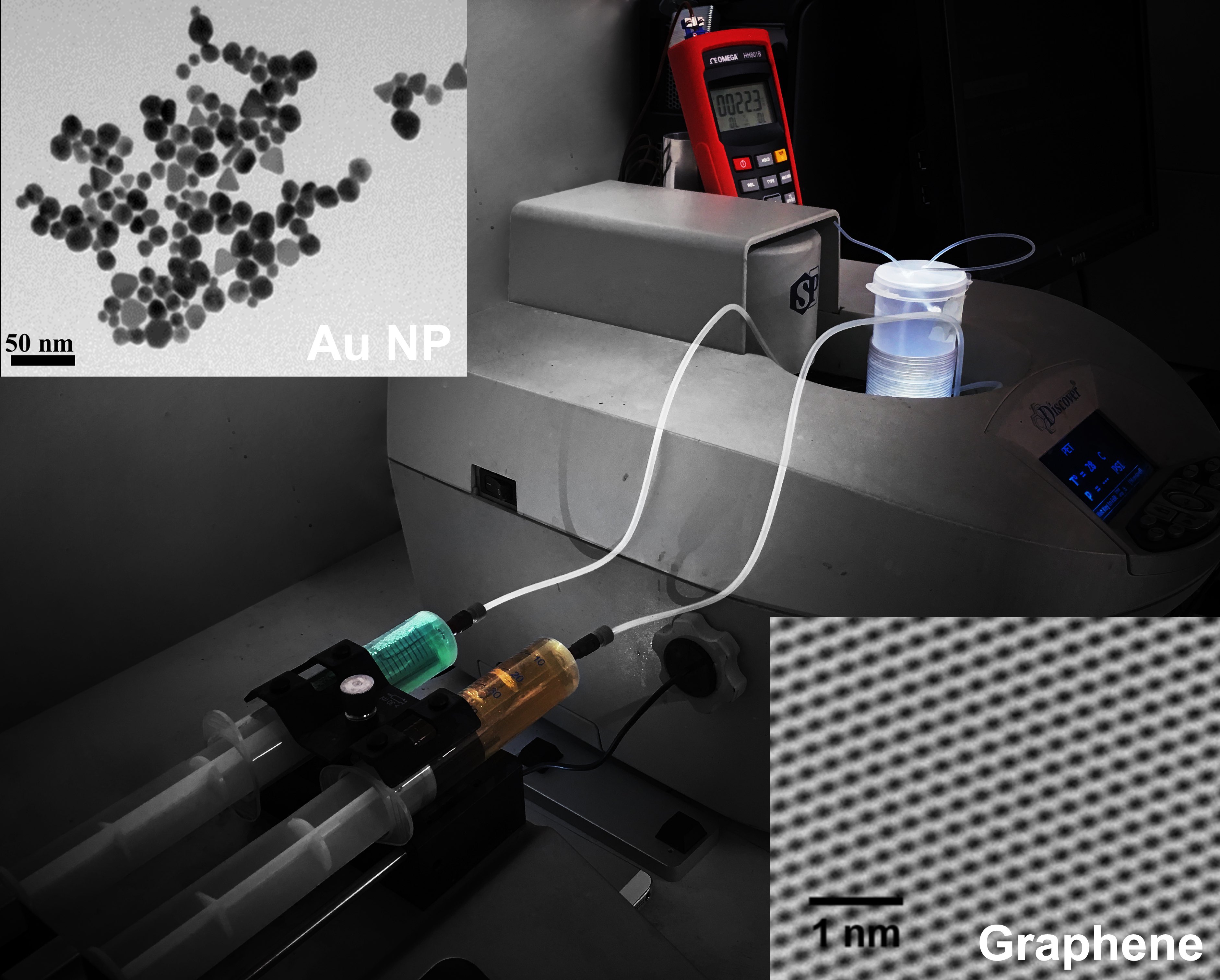
Continuous fabrication of chemicals (polymer, inorganic and composites) by microwave intensified fluidic system.
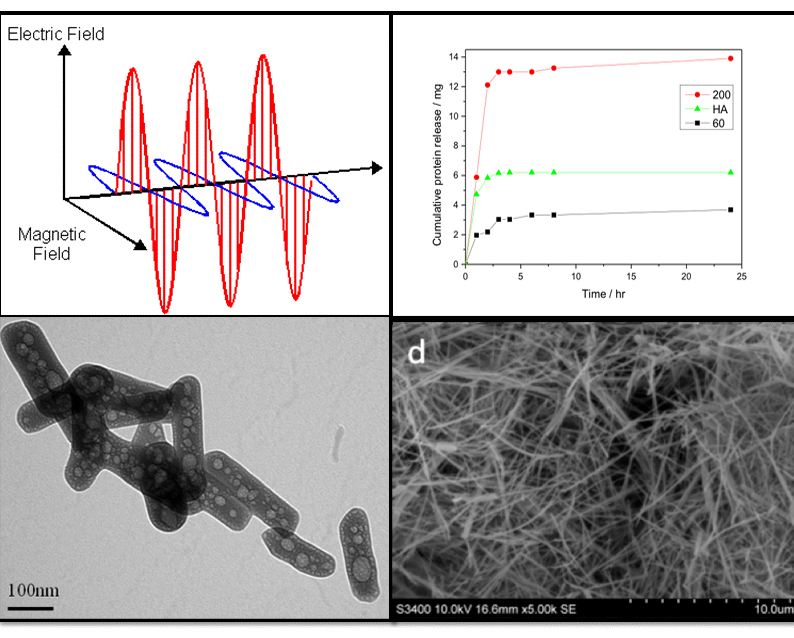
Production of biomaterials through microwave heating and the applications of these materials in biomedical area (e.g. drug carriers).
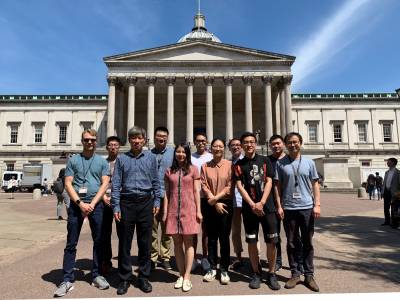 Welcome to the Tang Group
Welcome to the Tang Group
 Close
Close



















